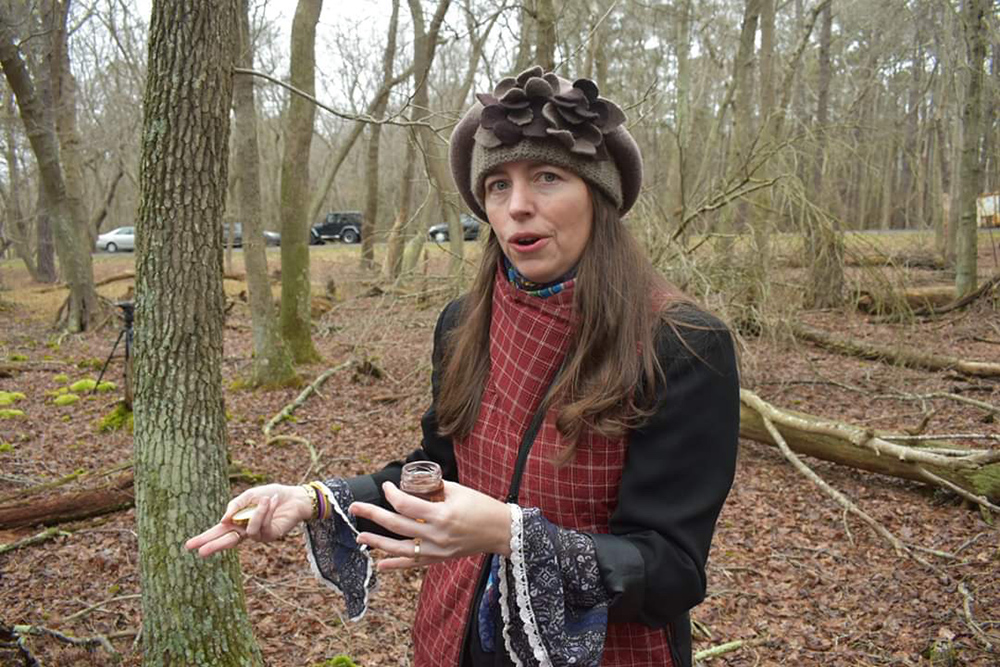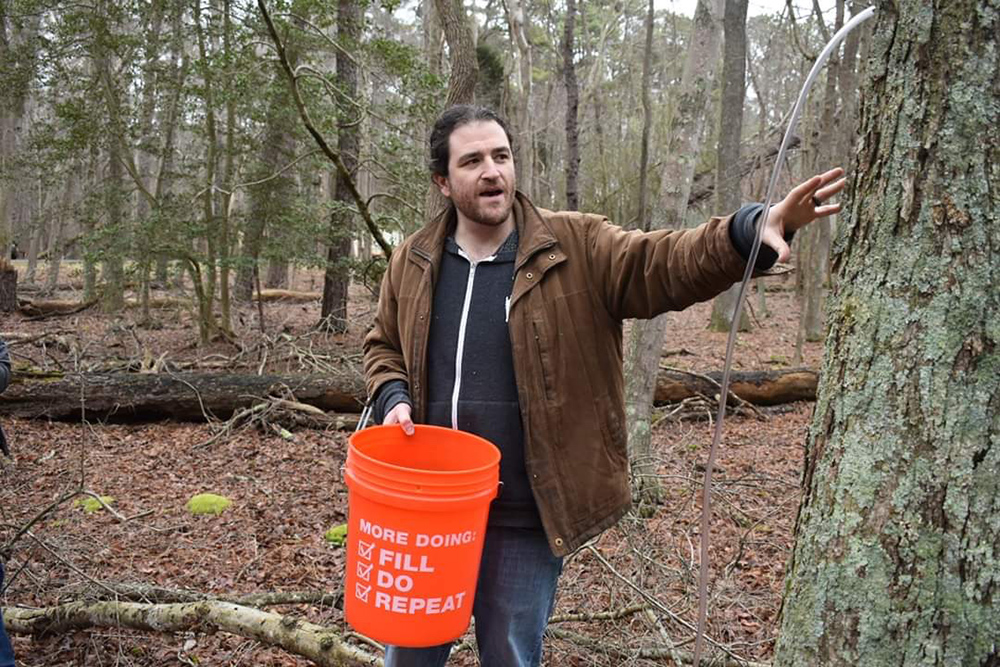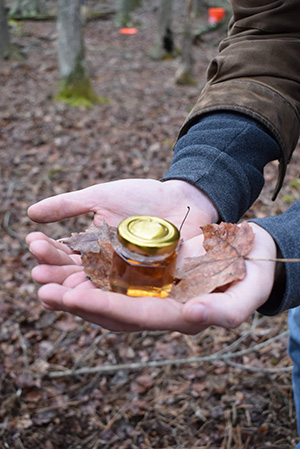By Steffen Klenk

South Jersey is not the first place that comes to mind when you think of maple syrup, but a duo of professors at Stockton University are hoping to change that. While most of the maple syrup we consume comes from places like Canada or Vermont, very little research has been done to study the effects on trees that produce the sap made to use it. Now, they are looking for volunteers.
The University is currently seeking homeowners who would be interested in producing their own maple syrup. Participants would receive all the materials needed to tap the trees along with data testing material. This is part of a grant recently awarded by the U.S. Department of Agriculture that will promote maple sugaring throughout the area along with research and community outreach.

What are professors hoping to learn from the study? We asked Aaron Stoler, Assistant Professor of Environmental Sciences at Stockton University. “We’re going to look at how the trees affect the wildlife and hydrology in the area, how our presence changes the wildlife, how it might change the soil in our area and the affected seed output growth per year.”
Along with the help of homeowners, Stockton will also utilize the surrounding forest on its Galloway campus to conduct research. The property is home to about one thousand acres of wildlife. Judith Vogel, Professor of Mathematics, says the University has received a lot of interest from perspective homeowners and those who are already producing syrup. Vogel hopes that the program will create a symbiotic relationship between the professors and prospective homegrowers to share information and have access to important data. “We’re hoping to create a community of staffers, and to have people who have already doing it is really going to benefit our project.”
Most of the maple syrup we consume come from sugar maple trees (acer saccharum) and are native to forests throughout eastern Canada and New England. Red maple trees (acer rubrum) are more commonly found in South Jersey, and because there is more of an abundance of them along campus grounds, they will become the focus of Stockton’s research.

One other aspect professors will track is how weather affects the maple trees. Winter is usually the best time of year to tap red maples, but the mild weather we’ve experienced thus far has had an effect on the amount of sap produced. “You need those freeze-thaw days, an intermittent period of winter and spring, to get the sap flow.”
There is still so much research to be done on red maple trees in our region. Stoller talks about the long-term affect the program could have in the long run. “If a couple of years from now, people start making a couple of ounces of syrup, then I’d consider it a win.” This could be the beginning of “tapping” into a new engineering and economic business for New Jersey.
Steffen Klenk is a multimedia journalist. He resides in Ocean City and enjoys capturing the eclectic moments of shore life.





